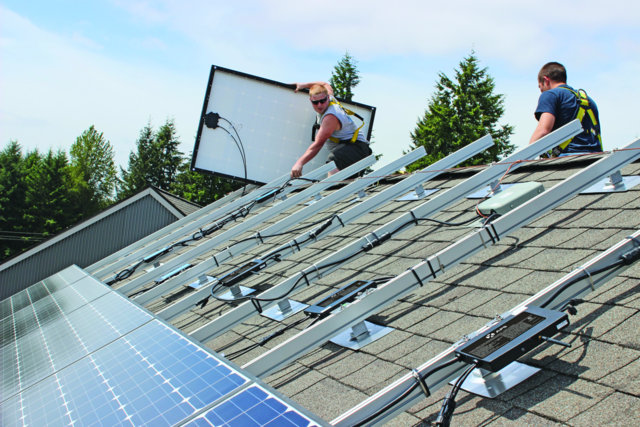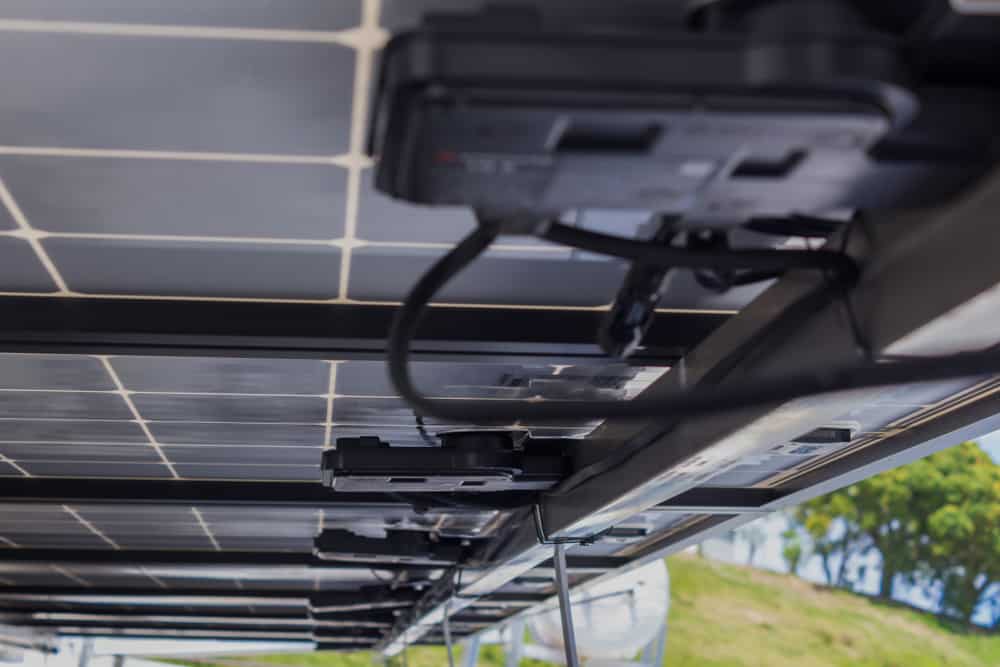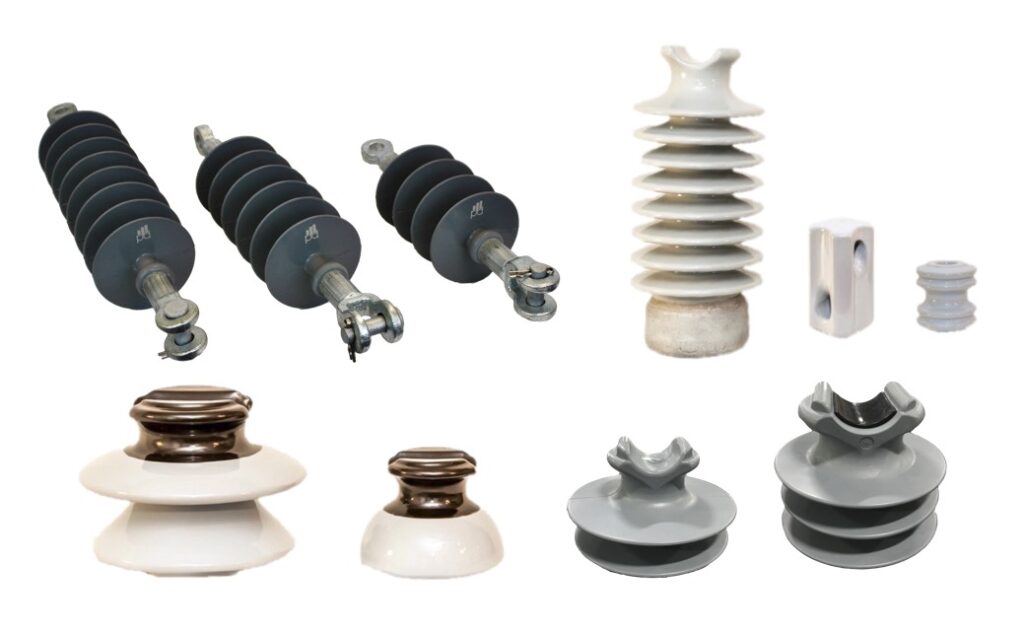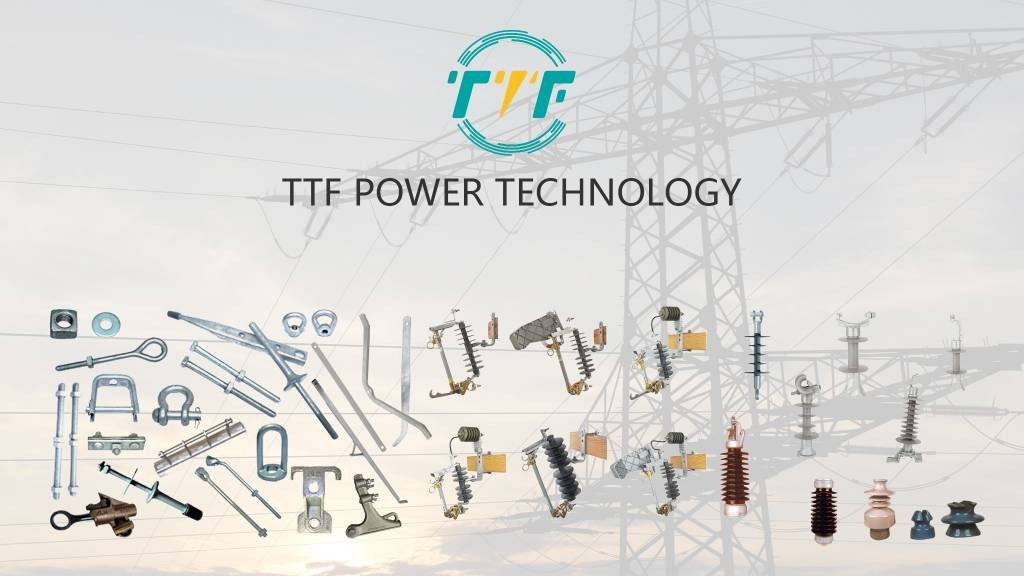
Enphase Energy, Inc., a leader in energy technology, has introduced its IQ8P microinverters. These microinverters provide a peak AC power output of 480 MW to residential and commercial markets in South America. The company is collaborating with local installers and distributors across the region. Microinverters are small, module-level devices that optimize the performance of solar panels. They provide efficiency, scalability, and reliability. The use of microinverters aids in advancing the region’s renewable energy goals, driving economic development and addressing energy changes. Advanced microinverters support high-quality performance for the growing demand for clean energy. Distribution insulators ensure the safe and efficient operation of solar panels.
High-quality distribution insulators prevent the electrical current from flowing to the ground. This helps maintain the electrical isolation between the energized conductors and supporting structures. Distribution insulators isolate the DC circuits of individual solar panels from each other and from the grounding system. The insulators isolate the AC output of the microinverters from the grounding system. High-quality insulators are able to withstand weather conditions. These include high humidity, strong winds, and heavy rainfall. Distribution insulators ensure the stability and reliability of electrical infrastructure.
Relevance of microinverters in South America’s solar power production
Microinverters are crucial to the advancement and efficiency of solar power production. They offer benefits tailored to the energy needs and environmental conditions. Microinverters have the ability to optimize efficiency, enhance reliability, and support renewable energy goals. South America can improve energy access, drive sustainable development, and establish itself as a leader in solar energy innovation. Distribution insulators isolate the DC circuits of individual solar panels from each other and from the grounding system. The following is the importance of microinverters in solar power production.

- Optimized solar panel efficiency—the inverters optimize the output of each panel individually. They reduce inefficiencies caused by shading or dirt on a single panel to ensure a consistent energy harvest.
- Enhanced reliability—microinverters are able to endure extreme environmental conditions. These include high UV radiation in Chile’s Atacama Desert.
- Enabling energy access—microinverters help in bringing electricity to remote areas to promote social and economic development. This helps support decentralized solar power systems in South America.
- Supporting renewable energy—the inverters improve solar energy efficiency to speed up the shift from fossil fuels. Countries like Brazil, Chile, and Colombia are focusing on renewable energy to meet climate goals. They are also compatible with battery systems, which makes them a vital component in building reliable and sustainable energy storage systems.
- Flexibility and scalability—microinverters allow solar systems to grow, which benefits small-scale installations.
- Economic benefits—microinverters isolate issues to individual panels and reduce the cost and complexity of repairs. Their adoption drives local industries, creating jobs, maintenance, and manufacturing.
Functions of distribution insulators in solar energy production in South America
Distribution insulators ensure the safe and efficient operation of solar power systems in the region. They ensure the stability and reliability of electrical infrastructure for solar energy production. Distribution insulators enable stable energy transmission and protect against electrical faults. This helps support the transition to renewable energy and efforts to harness its solar potential. Discussed below are the functions of distribution insulators in solar panels.

- Electrical insulation—the insulators isolate conductive components like wires and connectors. This helps to prevent short circuits. They protect sensitive electronics from electrical surges and overloads.
- System reliability—distribution insulators help maintain consistent energy flow by preventing interruptions. They are also able to withstand weather conditions, UV radiation, and corrosive environments.
- Enhancing safety – the insulators reduce the risk of electrical shock during installation, maintenance, and operation of solar systems.
- Enabling efficient energy transmission—insulators reduce energy losses during transmission from solar panels to microinverters. High-quality insulators support the efficient operation of microinverters.
- Grid integration—distribution insulators ease the connection of solar systems to local power grids. This is by ensuring safe and stable electrical transmission.
Barriers to the implementation of microinverters in solar energy
The adoption of microinverters in solar energy faces several challenges stemming from economic, infrastructural, and technical factors. These challenges include high initial costs, lack of awareness, technical challenges, challenging environments, policy barriers, supply chain issues, and integration with existing systems. Addressing these challenges needs a combination of policy support, education, investment in local manufacturing, and development of skilled labor. Distribution insulators help address implementation challenges. This is by enhancing the safety, efficiency, and reliability of the systems. TTF is a world-class global provider of high quality overhead line hardware, transmission hardware, distribution hardware, conductors, insulators, cutout switches, anchoring and grounding products. These components aid in the construction of infrastructure needed for solar energy.
